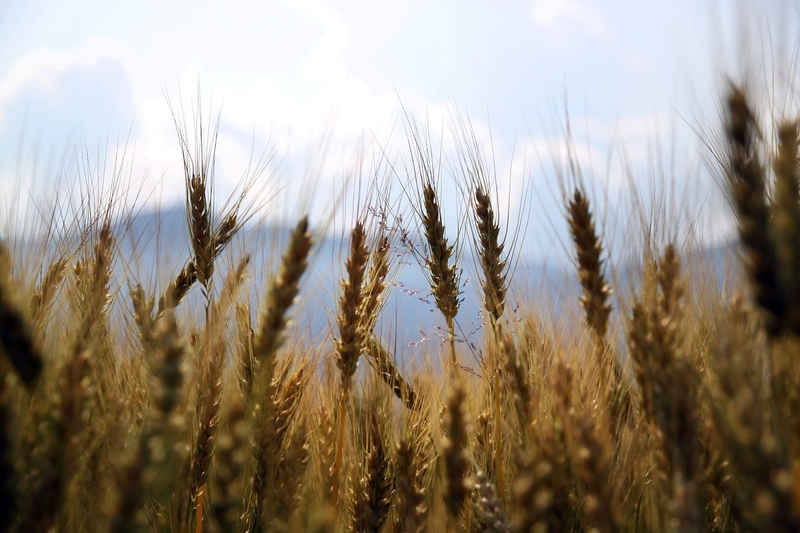
[vc_row][vc_column][vc_column_text]
The Department of Agriculture, through the Mahalanobis National Crop Forecast Centre carried out pilot studies for the Optimisation of Crop Cutting Experiments (CCEs) in several states in India.
The Ministry of Agriculture in a press statement said that the Prime Minister’s Crop Insurance Scheme (Pradhan Mantri Fasal Bima Yojana) envisages the use of improved technology to reduce the time gap for settlement of framers’ claims.
The studies used various technologies, including satellite data, AI, and modelling tools to reduce the number of CCEs required for the insurance unit level for yield estimation. The studies were launched to address the major issue of the need to carry out large numbers of CCEs for calculation of yield data vis-à-vis claims at the village council (gram panchayat) level. The results are being evaluated to provide recommendations for their implementation in the upcoming seasons.
Also, an Expression of Interest (EOI) was floated with a view to use technology-based assessment of yield with minimum use of CCEs for the Kharif 2019 season. 46 agencies participated in the EOI, out of which 26 agencies have been shortlisted through technical assessments.
The government is using satellite imagery to assess the crop area, crop condition, and crop yield at district levels. This is done through forecasting agricultural output using space, agrometeorology and land-based observations, and coordinated horticulture assessment and management using geo-informatics.
Furthermore, satellite data is also being used for drought assessment; to assess the potential area for growing pulses and horticultural crops.
To ensure better transparency, accountability, timely payment of claims to the farmers, and to make the schemes more farmer-friendly, the government comprehensively revised the Operational Guidelines of the PMFBY, which became effective from the Rabi 2018-19 season.
Also, the provision of a 12% interest rate per annum will be paid by the Insurance Company to farmers for delays in settlement claims beyond 10 days of the prescribed cut-off date.
OpenGov reported earlier that the Indian government recently piloted an AI-powered tool for crop cutting and yield estimation also under the PMFBY.
The scheme aims to cut down the cost of farming while increasing productivity. It will also help farmers get better prices for their crops. This cutting-edge technology can be leveraged to provide information and advisory services to farmers, the government has said.
AI can be used in multiple domains of agriculture such as weather, crop and price forecasting, and yield estimation. Furthermore, AI may reduce the cost of production through the precise application of agricultural inputs like fertilizers, chemicals, and irrigation.
Through the PMFBY, the government has launched several pilot studies for the optimisation of crop cutting experiments, in which AI was used for optimisation and yield estimation.
the scheme is a significant departure from age-old traditional farming practices in India that has resulted in low yields and dependency on unpredictable monsoon rains. This has kept Indian farming at subsistence level.
The inadequacy of monsoon rains in the country has resulted in crop failure and has led to an increase in farmer suicides. The government hopes that AI and related technology will change the farming industry. AI tools could help Indian farmers to choose the right crop and minimise risks.
[/vc_column_text][/vc_column][/vc_row]
















